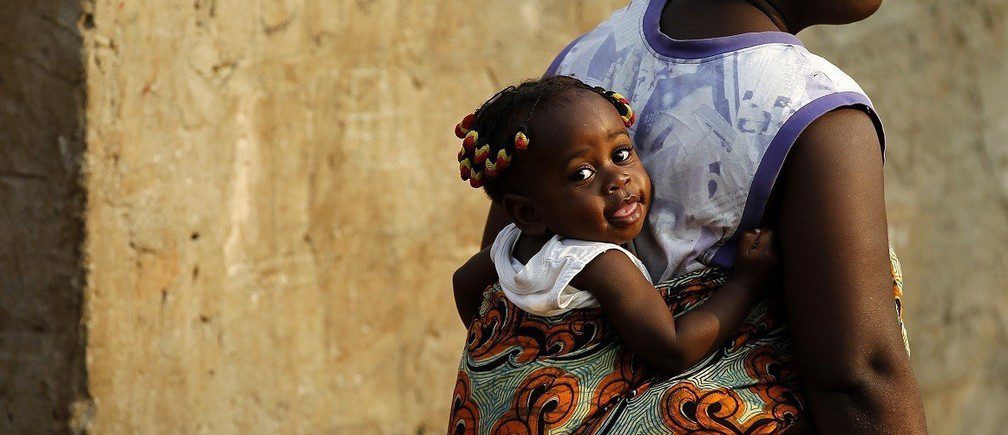WHO calls for universal health coverage to tame Africa’s disease burden – Dailynewsegypt


African governments should scale up access to quality healthcare for all citizens in a bid to reduce the continent’s disease burden, a World Health Organization (WHO) official said Sunday during World Health Day which is celebrated annually on April 7.
Matshidiso Moeti, the WHO regional director for Africa, said the continent required bold political choices, and legislative and policy reforms to realize the universal health coverage agenda.
“We know that many in our region still need help with access to quality essential health services due largely to unfulfilled rights,” Moeti said in a statement issued in Nairobi, the capital of Kenya. “This is further compounded by protracted and ongoing crises such as conflicts, climate change, food insecurity, disease outbreaks and epidemics.”
Moeti said the theme of 2024 World Health Day featured “My health, my right,” reinforcing the need for African governments to embed access to quality and affordable healthcare in their constitutions. “The right to health is a universal right of all human beings, regardless of race, colour, sex, language, religion, political or other opinion, national or social origin, property, birth or another status.”
Despite some challenges, she said African countries have made significant progress in availing quality healthcare services to their citizens in the past two decades.
Moeti noted that from 2000 to 2020, life expectancy for African women increased from 54 to 67 years old, while the maternal mortality ratio decreased by 33%, equivalent to 788 to 531 maternal deaths per 100,000 lives.
In addition, Moeti said, the number of children in the continent dying before the age of five reduced by 50% from 2000 to 2017, adding that in the same period, the number of new HIV infections and AIDS-related deaths decreased by 44% and 55% across Africa, respectively.
The number of tuberculosis deaths in the continent decreased by 26% between 2011 and 2021 while some old diseases including polio, guinea worm disease, and maternal and neonatal tetanus were on the verge of eradication, Moeti said.
Moeti commended African governments for their commitment to reforming health policies and establishing national health insurance schemes to reduce out-of-pocket expenditure for patients seeking medical attention. She added that social health insurance schemes will be key to addressing inequities that have derailed efforts to eliminate killer ailments in the continent.





